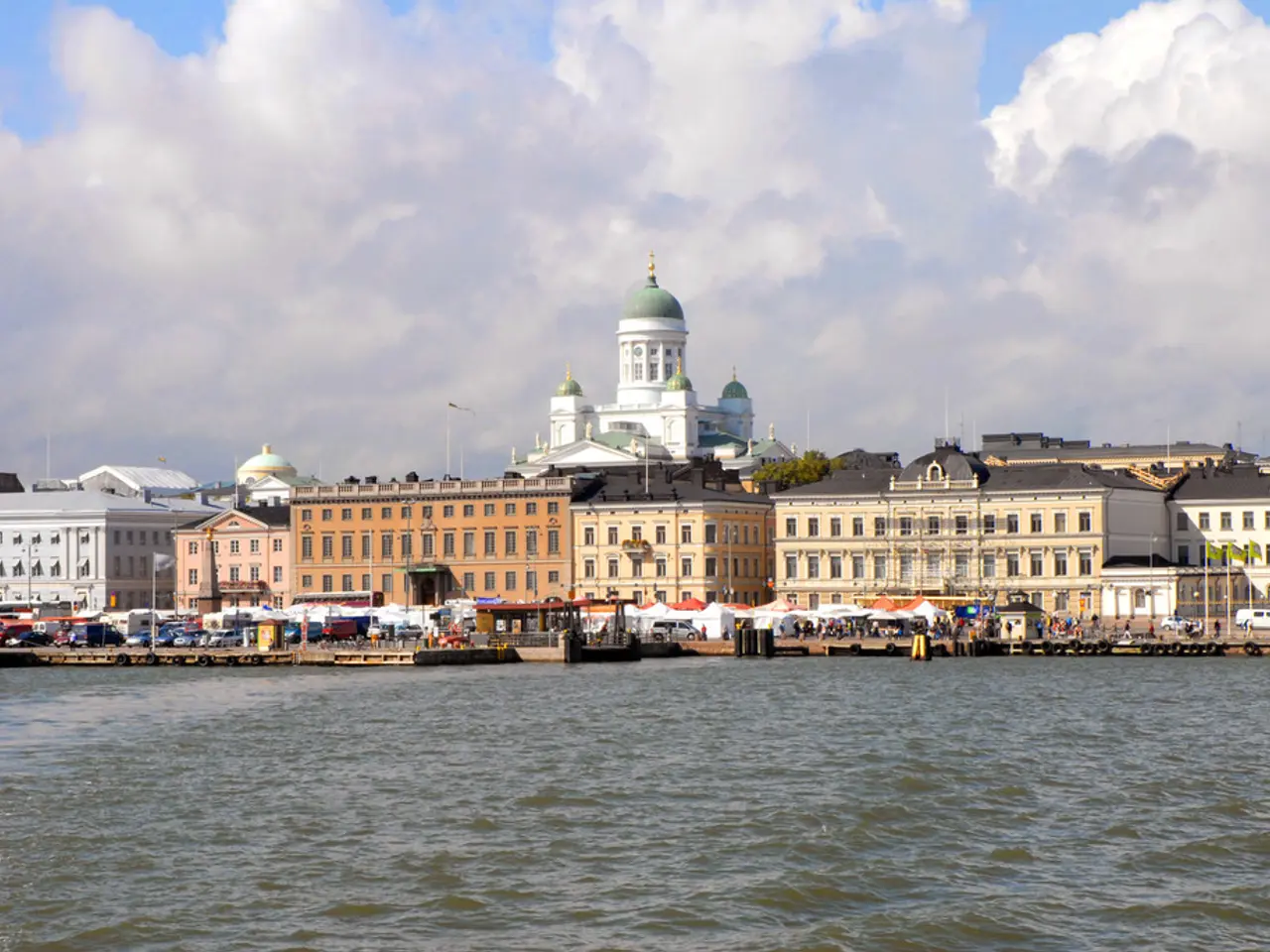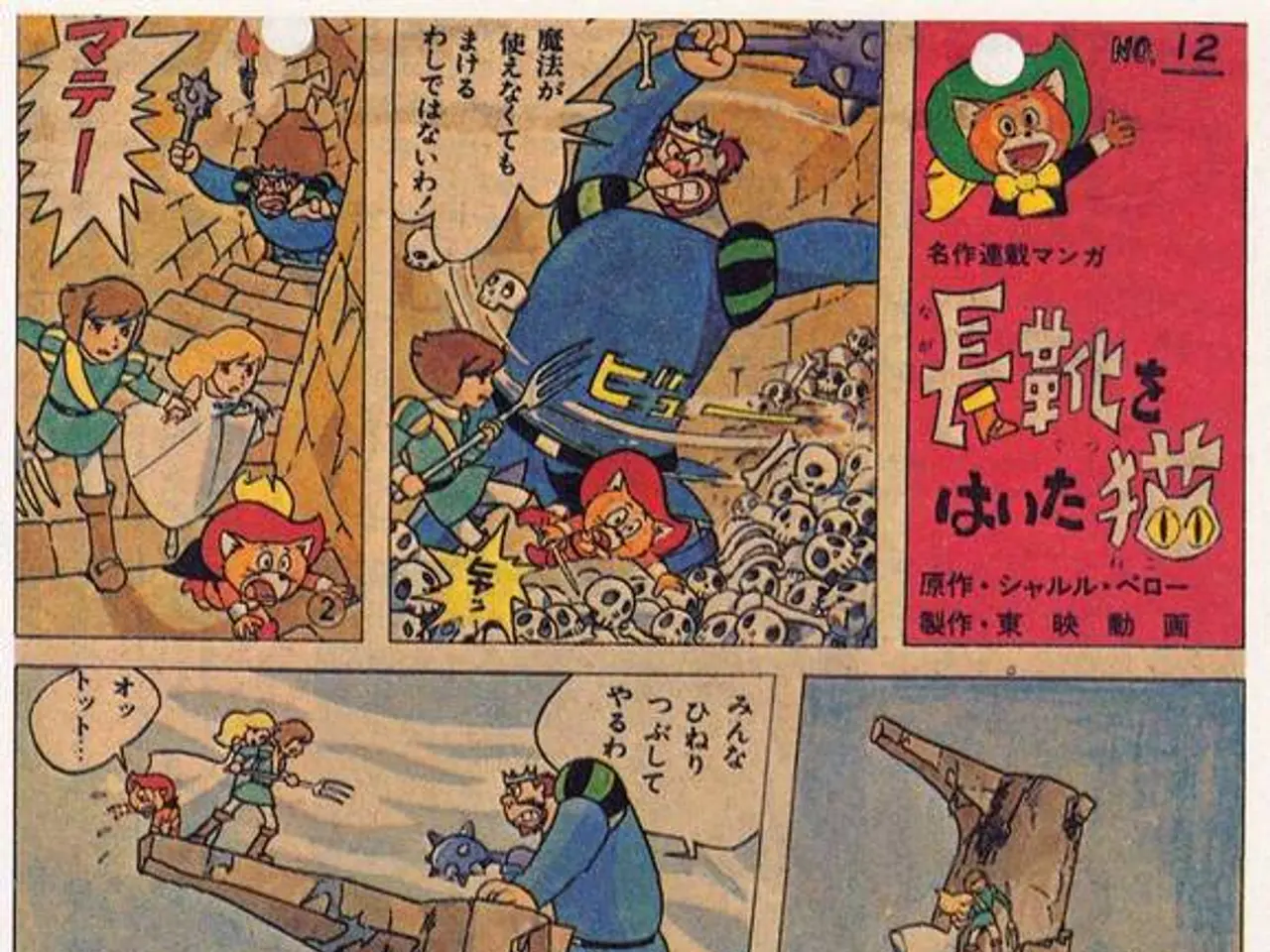Lebanon's president vows justice five years since the Beirut port explosion
In the heart of Beirut, five years after the devastating explosion that claimed more than 220 lives and injured over 6,500, the investigation into the catastrophe is finally moving forward.
After more than a two-year impasse, investigating judge Tarek Bitar has completed questioning defendants and suspects in the case. The probe, now about 1,200 pages long, awaits the final French investigation report and further witness testimonies. Judicial authorities are seeking cooperation from European and Arab countries to question suspects related to the ammonium nitrate shipment stored at the port.
The explosion, one of the world's largest non-nuclear explosions, was triggered by a fire in a warehouse where tonnes of the fertiliser had been stored haphazardly for years. Repeated warnings to senior officials about the danger went unheeded.
The investigation has faced repeated delays and political obstruction, but recent developments under Lebanon’s new leadership have revived hope for accountability. President Aoun and Prime Minister Salam, who took office this year with a pledge to uphold judicial independence, have vowed to ensure the investigations are completed with transparency and integrity.
Political interference has repeatedly stalled the inquiry, including suspension of the investigation in 2023 after a lawsuit filed by a former public prosecutor against Judge Bitar and the release of suspects in detention. However, the investigation resumed in early 2025 with the backing of the new leadership.
Human rights groups like Amnesty International and Human Rights Watch have criticized Lebanese authorities for prolonged inaction and impunity, emphasizing that "justice delayed is justice denied." Demonstrations and national mourning days mark the ongoing public demand for accountability, underscoring the importance of an independent and comprehensive investigation to bring justice to victims and their families.
The victims' families, led by Mariana Fodoulian from the association of victims' families, have long demanded the preservation of the wheat silos as a memorial of the catastrophe. Culture Minister Ghassan Salame has announced that the gutted and partially collapsed wheat silos at the port will be included on a list of historic buildings.
Monday has been declared a day of national mourning in Lebanon, as the country continues to grapple with the aftermath of the explosion. President Aoun has stated that the Lebanese state is committed to uncovering the whole truth about the explosion, and Prime Minister Salam views knowing the truth and ensuring accountability as national issues, decrying decades of official impunity.
As the investigation progresses towards a possible indictment by the end of 2025, the hope for justice and accountability in Beirut remains strong.
- The international community, including organizations like Amnesty International and Human Rights Watch, have emphasized the importance of an independent and comprehensive investigation in Beirut, stating that "justice delayed is justice denied."
- The General News and Crime-and-Justice sections of international media have been following the slow but resilient progress of the investigation into the Beirut explosion, a probe that has faced political obstruction and delayed for years.
- With the new Lebanese leadership promising to uphold judicial independence and ensure transparency, some Israeli news outlets have suggested that the resolution of the Beirut explosion investigation could set a significant precedent for international politics and regional justice.








